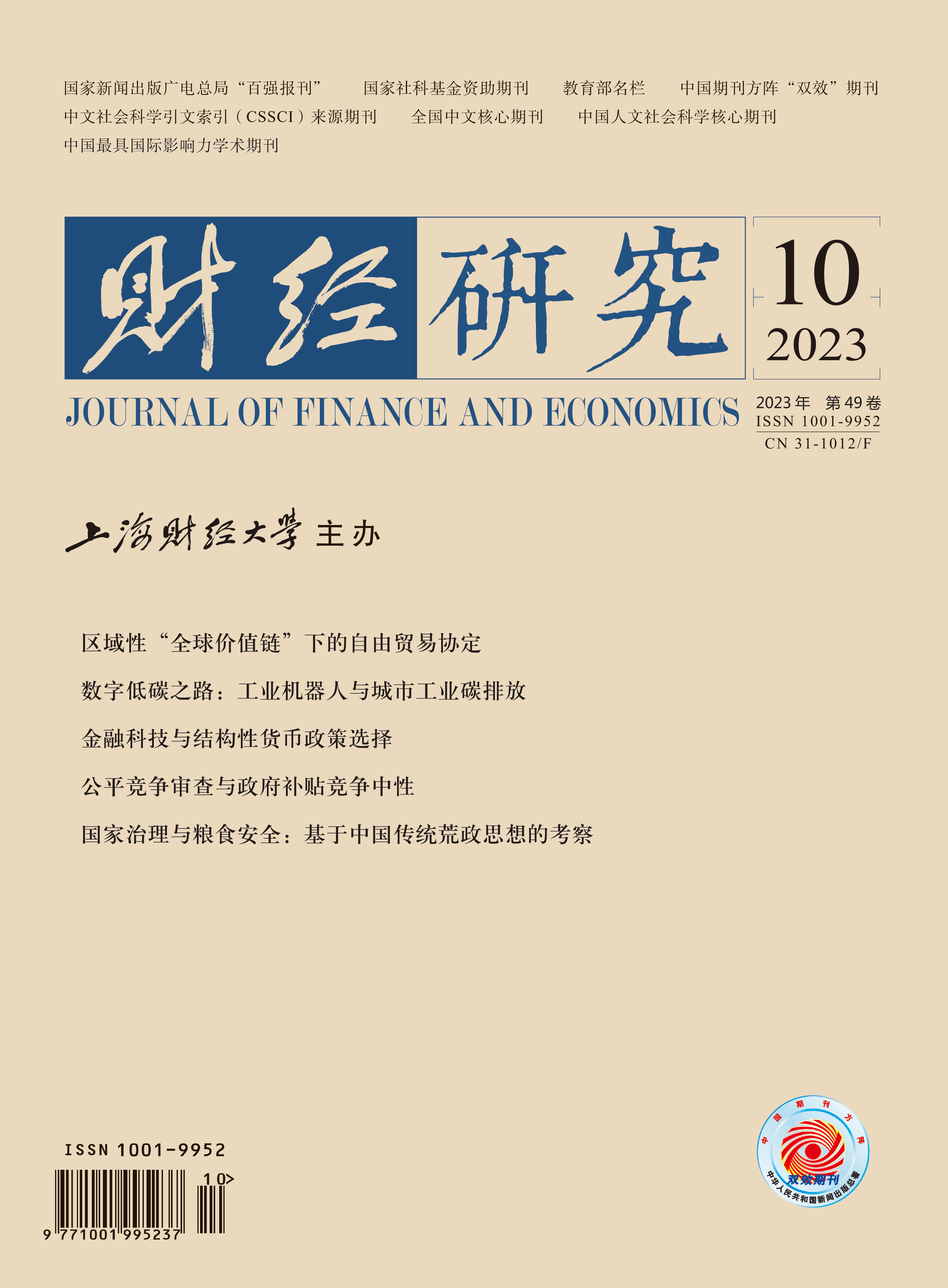我国人口老龄化的加速带来劳动年龄人口持续减少,就业者与岗位匹配的结构性问题更加突出。就业匹配质量低意味着个人和社会的人力资本不能被充分利用,会给个人和社会带来生产力损失。提升就业匹配质量是缓解我国劳动力市场结构性矛盾,提高就业质量的重要途径,社会网络是劳动者求职过程中的重要资源。文章首先通过理论模型分析社会网络对就业匹配质量的影响机制,然后使用中国家庭追踪调查(CFPS)2018年数据对农村背景人群进行实证研究,发现社会网络有助于降低过度教育概率,提高人力资本配置效率,这一结论在以是否有家谱或族谱和春节期间来拜访的亲友家数作为工具变量的估计结果中仍然稳健。机制分析表明,社会网络主要通过信息传递和提升人际信任度作用于就业匹配质量。文章认为,减少职业搜寻过程中的信息不对称,降低搜寻摩擦对于提高就业匹配质量和缓解结构性矛盾都具有重要作用。
社会网络有助于降低过度教育概率吗?——基于中国家庭追踪调查(CFPS)的数据分析
摘要
参考文献
6 Knight J, Yueh L. 社会资本在中国劳动力市场中的作用[A]. 李实, 佐藤宏. 经济转型的代价——中国城市失业、贫困、收入差距的经验分析[M]. 北京: 中国财政经济出版社, 2004.
10 皮埃尔·卡赫克, 安德烈·齐尔贝尔博格. 劳动经济学[M]. 沈文凯译. 上海: 上海财经大学出版社, 2007.
17 张车伟, 高文书, 程杰. 中国人口与劳动问题报告[M]. 北京: 社会科学文献出版社, 2019.
23 Abebe G, Caria A S, Fafchamps M, et al. Anonymity or distance? Job search and labour market exclusion in a growing African city[J]. The Review of Economic Studies,2021,88(3): 1279−1310. DOI:10.1093/restud/rdaa057
24 Chen Y Y, Wang L, Zhang M. Informal search, Bad search?: The effects of job search method on wages among rural migrants in urban China[J]. Journal of Population Economics,2018,31(3): 837−876. DOI:10.1007/s00148-017-0672-x
25 Di Pietro G, Urwin P. Education and skills mismatch in the Italian graduate labour market[J]. Applied Economics,2006,38(1): 79−93. DOI:10.1080/00036840500215303
26 Duncan G J, Hoffman S D. The incidence and wage effects of overeducation[J]. Economics of Education Review,1981,1(1): 75−86. DOI:10.1016/0272-7757(81)90028-5
27 Fleming C M, Kler P. I'm too clever for this job: A bivariate probit analysis on overeducation and job satisfaction in Australia[J]. Applied Economics,2008,40(9): 1123−1138. DOI:10.1080/00036840600771254
28 Fredriksson P, Hensvik L, Skans O N. Mismatch of talent: Evidence on match quality, Entry wages, and job mobility[J]. American Economic Review,2018,108(11): 3303−3338. DOI:10.1257/aer.20160848
29 Granovetter M S. The strength of weak ties[J]. American Journal of Sociology,1973,78(6): 1360−1380. DOI:10.1086/225469
30 Hartog J. Over-education and earnings: Where are we, where should we go?[J]. Economics of Education Review,2000,19(2): 131−147. DOI:10.1016/S0272-7757(99)00050-3
31 Kalfa E, Piracha M. Social networks and the labour market mismatch[J]. Journal of Population Economics,2018,31(3): 877−914. DOI:10.1007/s00148-017-0677-5
32 Lin N. Social networks and status attainment[J]. Annual Review of Sociology,1999,25: 467−487. DOI:10.1146/annurev.soc.25.1.467
33 Lin N. Inequality in social capital[J]. Contemporary Sociology,2000,29(6): 785−795. DOI:10.2307/2654086
34 Ortiz L, Rodriguez-Menés J. The positional value of education and its effect on general and technical fields of education: Educational expansion and occupational returns to education in Spain[J]. European Sociological Review,2016,32(2): 216−237. DOI:10.1093/esr/jcv085
35 Putnam R D, Leonardi R, Nanetti R Y. Making democracy work: Civic traditions in modern Italy[M]. Princeton: Princeton University Press, 1994.
36 Vela A S. Same degree, Same opportunities? Educational and social background effects on overeducation in Germany[J]. Social Sciences,2021,10(8): 315. DOI:10.3390/socsci10080315
37 Wang Z Z. The Incidence of overeducation among international students upon graduation in Ireland: The effects of social capital and job searching methods[J]. Irish Educational Studies,2021,40(1): 51−69. DOI:10.1080/03323315.2020.1779109
38 Weng Y L, Xu H. How guanxi affects job search outcomes in China? Job match and job turnover[J]. China Economic Review,2018,51: 70−82. DOI:10.1016/j.chieco.2018.05.006
39 Zhang X B, Li G. Does guanxi matter to nonfarm employment?[J]. Journal of Comparative Economics,2003,31(2): 315−331. DOI:10.1016/S0147-5967(03)00019-2
引用本文
汪鲸, 罗楚亮. 社会网络有助于降低过度教育概率吗?——基于中国家庭追踪调查(CFPS)的数据分析[J]. 财经研究, 2023, 49(10): 139-153.
导出参考文献,格式为:





 3683
3683  3461
3461

